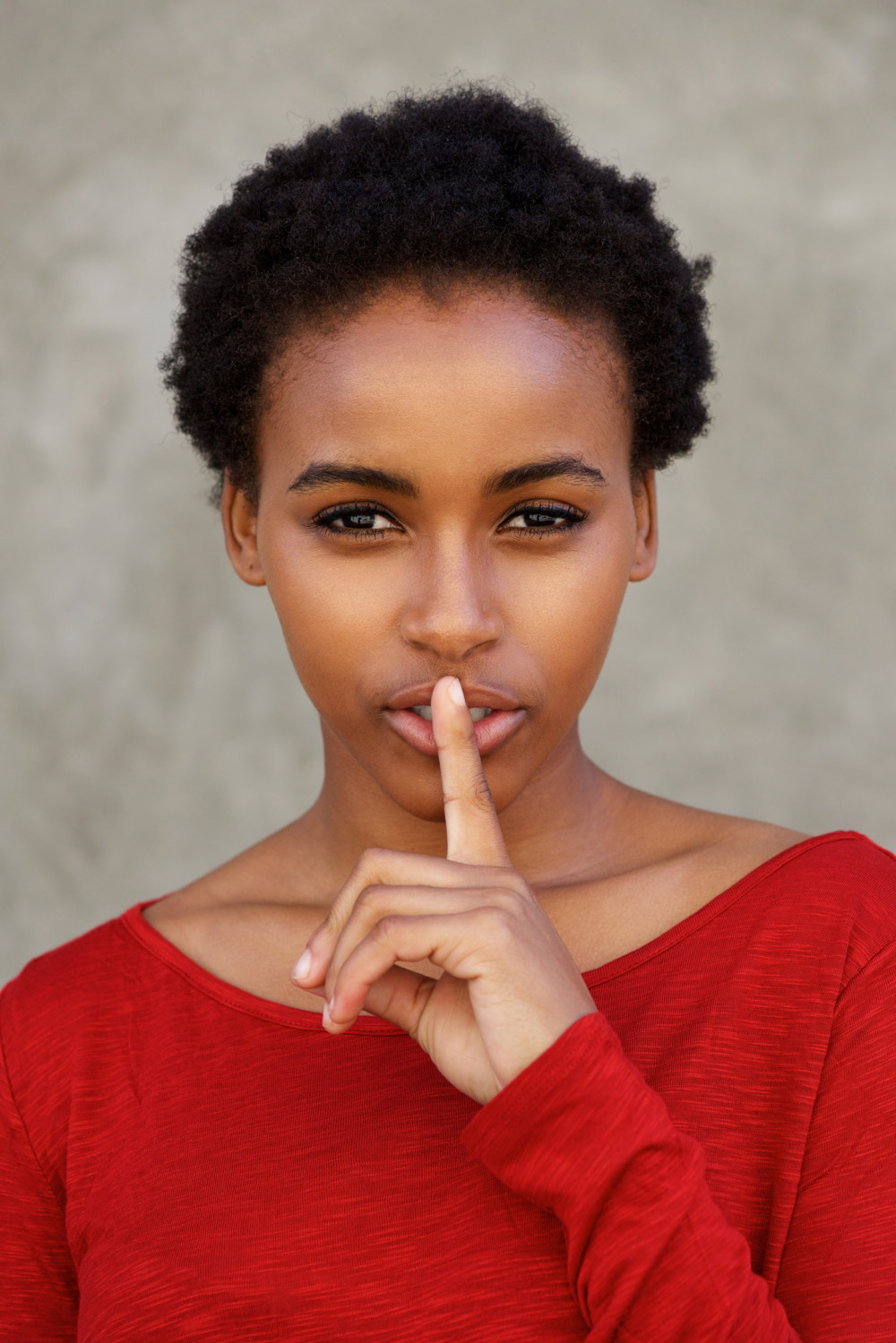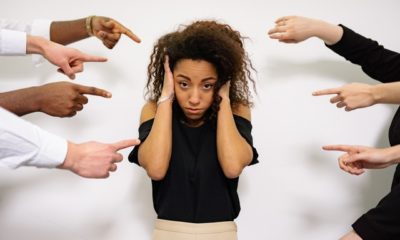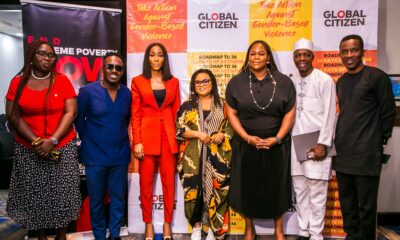Features
Tendia O: We Must Never Keep Silent in the Face of Injustice

On my way back from work a few days ago, right at the corner of my street, a female hawker was being harassed by four area boys. The lady had her merchandise in a tray on her head, and was screaming to ward off the men. One spanked her butt and when she turned to him, another grabbed an item from her tray, when she turned to face him, another tugged on her blouse to the viewing pleasure of passers-by. The men were getting off on it, laughing, circling her like a hyena would its prey, after all, it’s a jungle and ‘anything goes.’ Through my side mirror, I could see the lady, slowly caving, her voice going from a scream to sobs.
I wasn’t going to condone this. I parked and asked the men to stop harassing the lady. In a croaky hoarse voice, with bloodshot eyes, clearly high on something cheap, one of the men said, “Madam mind your business, no let us enter your matter this evening.” My blood boiled. I could feel the hair on my skin stand, and some weird spirit enveloped me.
In a calm but enraged voice, I said, “Oga, na God I take beg you, free the woman.” Another, who seemed to be the leader of the gang, rushed toward me like he wanted to beat me. He said, “Madam enter your car dey go ooo, we no get problem with you.”
“Hmmmmmm,” I muttered. At this point, I yanked off my wig and flung it into my car. Then I took off my earrings. When I started to take off my shoes, I could see confusion in their eyes. I’m sure they thought to themselves, “What is this woman up to, is she mad?” I dropped my shoes in the car and headed to my boot to get my jack.
I walked right up to the lady who looked terrified, grabbed her by the wrist, with her other arm holding on to the tray on her head. I walked her to my car and asked her to get in. At first, she hesitated. I screamed, “Madam enter the car before these men wound you.” She brought down the tray and scurried into the car.
Then I turned to face the men and dared any of them to come close and risk their skull being cracked open. Talk about some serious bluff. One of the men said, “This one dey mad o, leave am make she carry her wahala dey go.” I waited for about a minute and when I saw that none of them dared come close, I brought down my jack which was held high and ready to be utilized.
When I got into my car, I asked the men, “No be woman born una? You no get sister for house? Abi woman no dey your family? Why you go dey harass person pikin like this? Wetin she do you?” I didn’t wait to hear whatever irrational response I knew they had. I drove off.
This happened right at the corner of my street, just a stone throw from my house. I spotted one of my security guards watching the whole episode, customers at a kiosk nearby also watched, people were spectating. Were they waiting for us to get beaten before they intervened? I wondered.
According to research conducted by the United Nations in May 2020, emerging evidence indicates a sharp rise in gender-based violence (GBV), especially violence against women and girls. Referred to as the ‘shadow pandemic’, the rise of GBV in Nigeria during the COVID-19 crisis will have life-threatening consequences for women and girls and a profound impact on their opportunities and life trajectory. Need I say, all forms of violence against women are abhorrent human rights violations, with detrimental impacts on victims, survivors, families, communities, and societies.
At that moment, it dawned on me that we’ve normalized the culture of silence. My advice is that as we soro soke for good governance, we also need to play our part in speaking up against any form of injustice meted out on fellow citizens, even when we think it’s not our business. Silence in the face of injustice is complicity with the oppressor. Like Martin Luther King Jr said, “The ultimate tragedy is not the oppression and cruelty by the bad people, but the silence over that by the good people.”





















